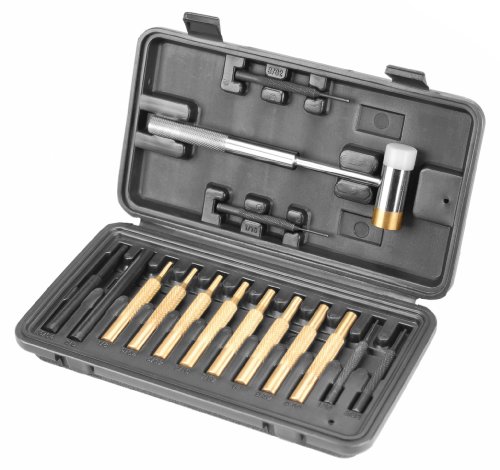An architect friend of mine sent this to me. Ironically, He and I had a GSA LEED project that was canceled mid-construction last year. I am a LEED AP and have made a little bit of coin because of this LEED junk (coordination/commissioning/modeling). However, my stance, since we were introduced to LEED back in '02-'03, is that an owner doesn't need to pay USGBC the ungodly amount of money it takes to get the certification just to have an energy efficient building. If they would just put a little bit more into thier envelope and mechanical budget they can save 30-40% on energy costs. Alas, but my suggestions have not been heeded. Oh well, I guess I'll just keep charging them for these unnecessary services as long as it holds out. I'm curious if anyone has an argument for LEED?
From the Federal Times:
The General Services Administration should stop using the LEED rating system to grade how green its buildings are, 56 House lawmakers from both parties said in a May 18 letter to GSA's acting administrator Dan Tangherlini.
The lawmakers said the Leadership in Energy and Environmental Design program, run by the U.S. Green Building Council (USGBC), is adopting standards that unfairly hurt certain manufacturers of building materials.
GSA primarily uses the LEED system, which scores how green a building is based on everything from construction materials to its proximity to mass transit, as a benchmark for all of its construction projects.
Buildings can be LEED certified or achieve even higher degrees of "greenness" at the LEED Silver, Gold or Platinum levels. GSA has made it a goal to make all of its new construction LEED Gold certified.
At issue are rules slated to take effect July 1 that offers building owners LEED credit for avoiding a list of "chemicals of concern." The lawmakers said in the letter that the restrictions are arbitrary and would require agencies to use more costly materials in construction projects.
"We are deeply concerned that the LEED rating system is becoming a tool to punish chemical companies and plastics makers and spread misinformation about materials that have been at the forefront of improving environmental performance — and even occupancy safety — and in buildings," the lawmakers wrote.
One of the identified chemicals is polyvinyl chloride, commonly known as PVC, which is used in pipes and roofing materials.
GSA and the Energy Department are expected to decide this year which ratings system to adopt for new building construction and renovation for the next five years. They will choose between LEED and two other standards; the Green Building Initiative's "Green Globes" system and the International Living Building Challenge.
"If USGBC does not reconsider these harmful provisions in LEED 2012, we respectfully request that GSA stop using the LEED rating system," the lawmakers wrote.
Rep. Mike Pompeo, R-Kan., said the new standards have little to do with making buildings more energy efficient and more to do with targeting specific companies.
"It makes no sense for GSA to support and adopt these standards, knowing the danger they pose to so many sectors of our economy," Pompeo said in a statement.
Roger Platt, the senior vice president of global policy and law at USGBC, said in a statement Monday that LEED is a voluntary, consensus-driven process that addressed the concerns of manufacturers.
He said "single-issue" stakeholders are pressuring Congress and agencies in order to influence the LEED development process.
"USGBC is working with all stakeholders, including companies from all sectors of the building industry, to ensure that LEED remains the most widely used high performance building rating system in the country," Platt said.






















